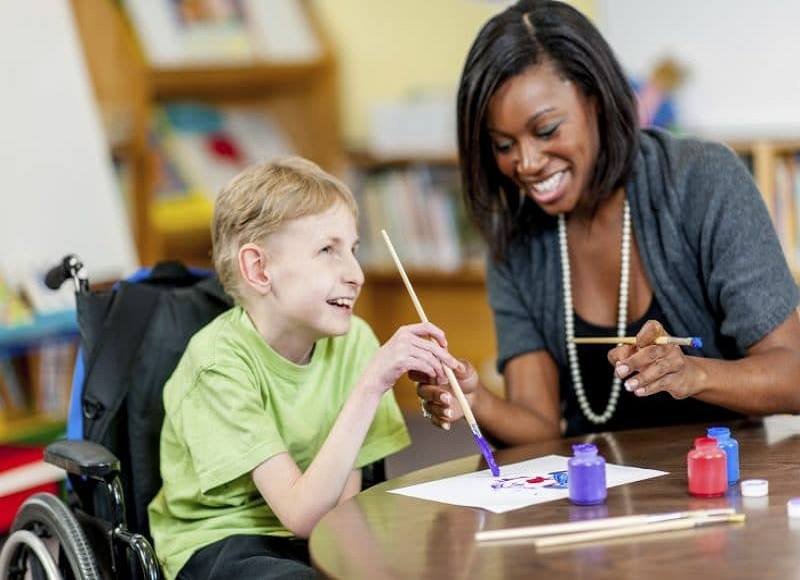Preventing the Summer Slide
As the end of the school year approaches, parents, teachers, and therapists are reflecting on challenges and successes in this once-in-a-lifetime year. Summer is approaching and for many families that means yet another significant transition in their daily lives. The ‘summer slide’ is a decline in the educational and functional skills that students learn during the academic school year. Unfortunately, children with special education services are often especially vulnerable to losing skills over the summer. The following are strategies to keep your child engaged over the summer in order to prevent the summer slide.
Routine
It is incredibly helpful to create a routine right from the start. Children benefit from structure and this gives you an opportunity to establish what you want or need your daily routine to look like. Use pictures or simply draw what you will be doing in your day to allow your child to understand what is coming next.
Consider Natural Learning Moments
There are many learning opportunities built into an average summer day. Allow your child to work on functional skills by assisting with chores, practicing their manners, helping to get dressed, washing fruit to prepare for a meal, and more. Ask open-ended questions like “What do we need to do next?” when washing hands, or “What do we need to get ready to go outside?”

Collaborate With Your Team Parents, teachers, and therapists should all consult to discuss specific strategies to support a child’s specific needs during the summer. For example, an occupational therapist may recommend swimming lessons as a way to get regulating sensory input, or a speech-language pathologist may recommend specific speech sounds you can practice when reading together. Touch base prior to the end of the year and let them know that you are interested in supporting your child in this area over the summer.
Open-Ended Play
Providing your child with opportunities for open-ended play allows them to work on several different skills including executive functioning, independence, building confidence, creativity, and more. Open-ended play also allows your child to follow their own interests, invoking their curiosity for learning and playing.
Opportunities for Social Participation
Select activities for your child that allows them to practice the social skills that they are able to work on throughout the academic year. Meet a friend at the playground for a play date or for more structured support, check in with your child’s providers to see if they can recommend a social group.
Outpatient services
While some children receive Extended School Year services (ESY), many do not qualify. If your child is receiving services, consider continuing them privately through the summer. Though it is important to check with your carrier, often if a child has an IEP, insurance will pay for private services. This is particularly helpful for children who receive speech-language therapy, occupational therapy, physical therapy, Applied Behavior Analysis (ABA) therapy, and more.
Enriching Environments
If possible, expose your child to new environments to invoke their curiosity and love of learning. This can be as simple as taking a nature walk in your backyard or a wagon ride through the city. You can even check out local child-friendly destinations such as the library, farmer’s market, zoo, or children’s museum. Afterwards, reflect on the experience together. By following your child’s interests and engaging them you are creating opportunities for your child to grow outside of the academic year.
